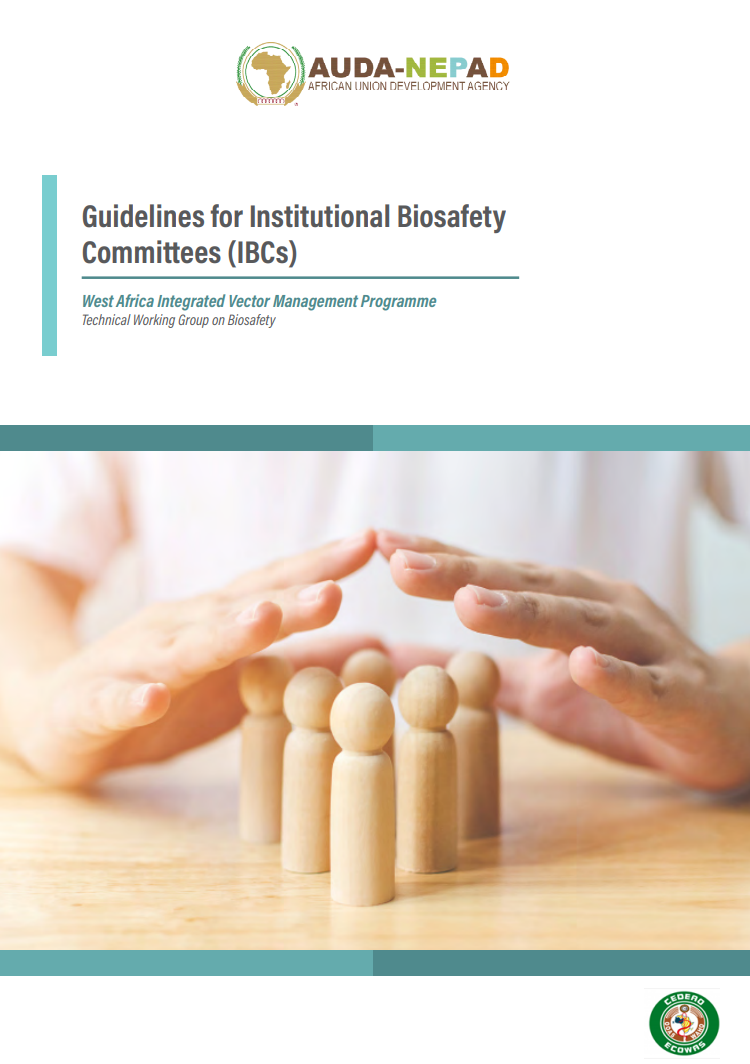Last Updated: 05/10/2023
Development of basic technology for drug discovery of antimalarial drugs that do not develop resistance through interdisciplinary research of medicine, evolution, and information science
Objectives
To elucidate the molecular evolutionary mechanism acquired when Plasmodium falciparum existing in the field evolves from a susceptible type to a resistant type.
Malaria drug resistance is acquired through the accumulation of genetic alterations in multiple stages. In this study, the mutator malaria developed by the applicants is propagated in the presence of currently widely used antimalarial drugs such as lumefantrin. By gradually increasing the concentration of the drug, it becomes possible to rapidly obtain drug-resistant protozoa. When the mutator malaria grows to a resistant level, clone the final strain (resistant strain), the intermediate stage strain, and the starting strain, and perform whole genome determination and RNA-seq. The obtained genome data is Professor Ohashi’s shared research (development of resistance gene identification method using a molecular evolutionary approach), and the comprehensive transcription data is the shared research of Lecturer Yasukouchi (development of bioinformatics methods for resistance gene identification). Malaria drug resistance is acquired through the accumulation of genetic alterations in multiple stages. In this study, the mutator malaria developed by the applicants is co-cultured with currently widely used antimalarial drugs (such as lumefantrin), and the drug concentration is gradually increased. Once the mutator is growing at resistant levels, whole-genome determination and RNA-seq are performed between the final strain (resistant strain) and intermediate-stage strains, starting strains, and controls. The genome data was analyzed by Prof. Ohashi’s joint research (development of resistance gene identification method using a molecular evolutionary approach), and the comprehensive transcription data was analyzed by Lecturer Yasukouchi’s joint research (development of bioinformatic methods for identifying resistance genes).
Apr 2021 — Mar 2024


